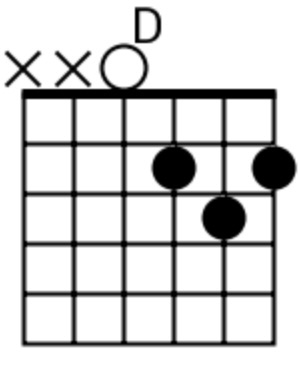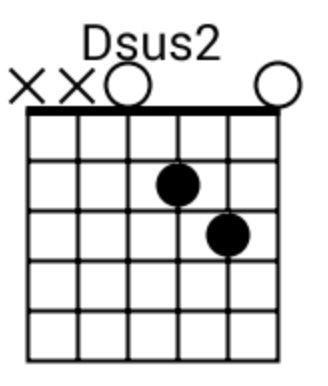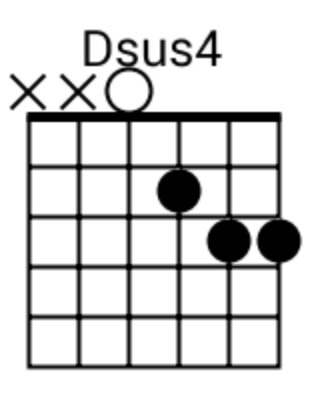Suspended
Walking all the way back…
Last week’s Bonus Round: “Eyes To The Wind” is a track on Lost in the Dream, the third studio album by American indie rock band The War on Drugs, released on March 18, 2014 through Secretly Canadian. The recording session, which took place over a two-year period, was characterized by numerous rewrites. The album's lyrical themes were influenced by the loneliness and depression [primary songwriter and band member Adam] Granduciel faced after he finished touring. Musically, the record was inspired by 1980s rock, as well as Americana, with influences coming from Bruce Springsteen, Spacemen 3 and Neil Young & Crazy Horse. Credit: Wikipedia
As you listen to “Eyes To The Wind”, note the sustained, usually higher in pitch, chords, augmented by arpeggios and extended melodies, “behind” the piano and guitar, the sound is called a “pad”. Pads are used “behind” or “underneath” the more forward sounds of vocals and other instruments to add depth and fullness. This article is specific to pads created by a synthesizer or keyboard (which are probably the most common), but any instrument capable of a sustain can produce a “pad”.
In the live version of the song, first the keyboard/synth creates a gentle pad, but as the dynamics of the song progress and build, the harmonica and then the saxophonist also build melodically on the pads from the studio version.
A correction from last week’s discussion on chord extensions. The 9th, 11th, and 13th are extensions of the 7th chords we discussed. I should have made clear they are properly described and thought of as “scale degrees” rather than intervals. Thus, the 9th, 11th, and 13th scale degrees are an octave above the 2nd, 4th, and 6th of the lower original octave they’re “extended” from. Thus the 9th in the Key of C is a D, the 11th is an F, and the 13th is an A. Sorry.
For tomorrow we’re going to start with “suspended chords”. Today, I’ll describe them and tomorrow we’ll see several ways they can be extremely useful. A “suspended” chord could be described as a substitution chord. The reason is, in a suspended chord we “suspend” as in “don’t play” the 3rd. Instead we play either the 2nd or the 4th. If we play the 2nd, the chord is a “suspended 2nd”, meaning a 2nd note INSTEAD of the third. It’s written as a “sus2” chord. I’ll give examples below. If we play the 4th INSTEAD of the 3rd it’s written as a “sus4” chord or just “sus” because the suspended 4th chord is more common than the suspended 2nd.
Here’s a common open (“cowboy”) chord:
Here’s the same chord, played as a “D suspended 2nd” written as Dsus2:
What did we do? Lifted the finger that was playing the F# on the high e string. Now we’re no longer playing the F#, which is the 3rd in the DMaj triad of D, F#, A, but we are playing the 2nd. So now the triad is D, E, A, and the 3rd is missing or as we say “suspended”.
If we put down our little finger, we can play this:
You don’t even have to lift your middle finger playing the F#, just put down your little finger to play the G, which is the 4th. Your little finger blocks the F# from being played, so again the 3rd is “suspended” and we’re playing the 4th instead, now the triad is D, G, A.
When you lift and place the fingers playing the E, F#, and G notes while playing the rest of the triad (the D and the A) you can create a brief melody around the DMaj that sounds really cool. It’s very prevalent in fingerpicked acoustic guitar playing, and adds interesting sounds when timed just right. That part takes practice!
Tomorrow we’ll expand on using suspended and some other types of chords to add interest to your playing. The link here is the result of years of practice and training, but don’t be daunted, you can do much of what she’s doing at a slower pace as you work with your guitar instructor!
Watch her fingers as she plays to see what you can do with hammer ons/pull offs
Here are a some links on several topics you might find interesting:
Common Nashville Notation symbols
Intervals and stuff (long, but interesting)
Music publishing (definitely CD Baby influenced, but good information nonetheless)
Bonus Round: An acoustic song about going back somewhere by one of the greats who was taken too soon…
See you tomorrow!!
Cheers and keep playing!!
Michael Acoustic




